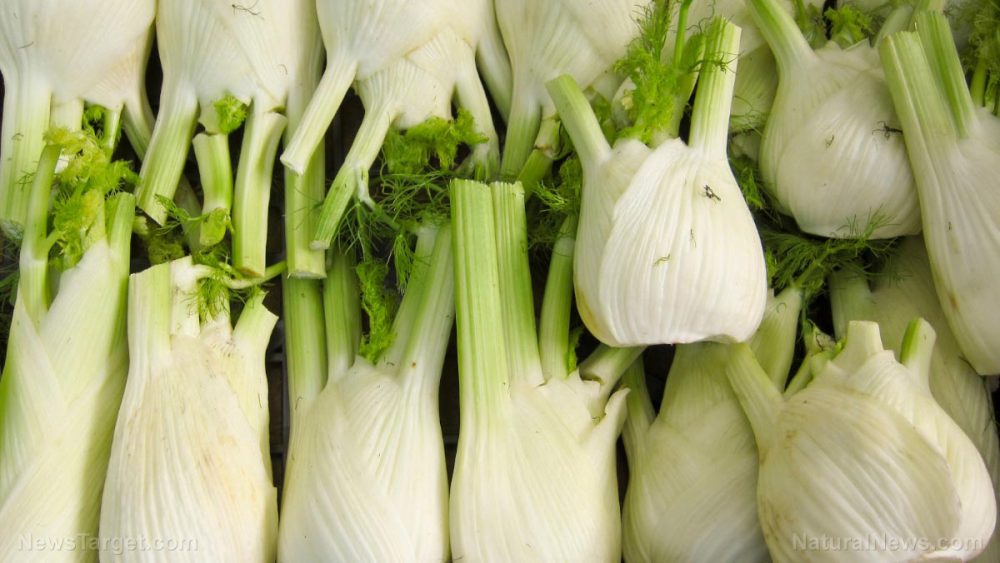
Advertisement
Regular physical activity is often recommended as one of the best ways to improve overall health and lower cardiovascular disease risk. While this is sound advice for younger or able-bodied individuals, this isn’t always the case for the elderly or other people with a frail constitution.
Black cumin (Nigella sativa) may be the answer. A study published in the journal BMC Complementary and Alternative Medicine has found that the long-term consumption of black cumin may have the same effects as exercise and boost cardiovascular health.
Cardiovascular disease (CVD) remains among the top causes of premature death worldwide – it killed more than 17 million people just in 2015. That exercise can help curb the risks of heart disease is a solidly established fact, and one that is backed by scientific literature.
Exercise enhances the flow of blood, both to the heart and the rest of the body and is known to induce angiogenesis or the creation of new blood vessels. Active exercise also increases the levels of vasodilators and nitric oxide, indicating benefits against hypertension, and other bodily chemicals that make the practice effective in controlling chronic conditions like diabetes.
Unfortunately, not everyone is able to reap the benefits of exercise. Compliance remains very low, which contributes to the high percentage of fatalities caused by CVD. For this reason, some researchers are finding ways to induce heart-beneficial angiogenesis using other methods. For this study, the researchers trained their eyes on black cumin.
Black cumin is known to scientists for its many health-promoting properties. Previous studies indicated anti-inflammatory, antibacterial, antioxidant, hypoglycemic and anti-lipidemic properties. It has also been shown to have anti-hypertensive effects, as well as plenty of other heart-friendly benefits.
The authors wanted to know how long-term administration of black cumin could remodel coronary circulation and how well it fares compared to the angiogenic properties of exercise.
For their experiment, the researchers took 15 male rats which they divided into three groups. One group of rats was given black cumin, another was made to exercise, and the last acted as the control group.
The first group of animals was given 800 milligrams of black cumin per kilogram of body weight (mg/kg) for a period of eight weeks. The exercise group were placed in a five-lane treadmill and made to exercise regularly.
At the end of the eight-week period, the hearts of the rat subjects were collected. The researchers prepared immunohistological slides to determine the results, which included rat vascular endothelial growth factor (VEGF), platelet endothelial cell adhesion molecule-1 (PECAM-1), Von Willebrand factor (VWF), and nitric oxide synthase-2 (NOS-2) antibodies (Ab).
In their findings, they noted that both the exercise and black cumin groups had higher VEGF, indicating capillary growth, compared to the control group. VWF, a protein responsible for enhancing the ability of platelets to stick together and form clots, was also lower in both experimental groups, showing the growth of new blood vessels.
However, only the exercise group showed an increase in PECAM-1 and a decrease in NOS-2 levels, both indicators of angiogenesis.
The researchers concluded that their findings demonstrated that intake of black cumin could lead to angiogenesis, which could lead to the discovery of new therapeutic strategies for preventing CVD. They recommended future studies examining the specific effect of black cumin on coronary angiogenesis to confirm their findings.
Health benefits of black cumin
Black cumin, also called kalonji or nigella, produces fruits with seeds that are used as a flavorful spice in different cuisines. The spice tastes like a combination of onions and oregano.
Black cumin is popular due to its medicinal properties. Below are some of the science-based health benefits of black cumin:
- Black cumin is an antioxidant-rich spice that helps fight oxidative cell damage. Studies have shown that antioxidants have a role in improving your health and preventing disease.
- Animal studies suggest that black cumin may have anti-cancer properties. The antioxidants in black cumin help counteract harmful free radicals that are linked to cancer and other diseases.
- High amounts of cholesterol can build up in the blood, which increases heart disease risk. The regular intake of black cumin oil can help lower cholesterol.
- Black cumin’s antibacterial properties help eliminate certain bacterial strains such as methicillin-resistant Staphylococcus aureus (MRSA).
Black cumin is easy to add to your diet. Toast the seeds lightly before grounding or use black cumin whole when baking to add flavor to bread and curry-based dishes.
The seeds can be consumed raw or you can add them to honey or water. Alternatively, black cumin can be added to smoothies or yogurt.
Boost your heart health by incorporating black cumin into your regular diet.
Sources:
Advertisements







